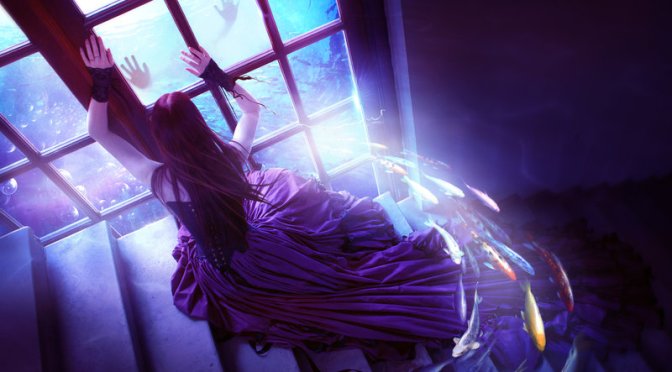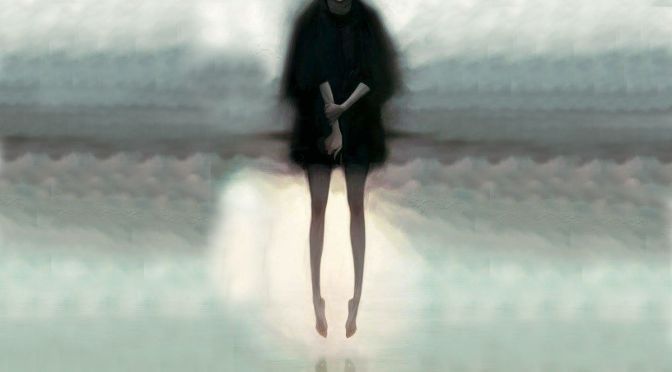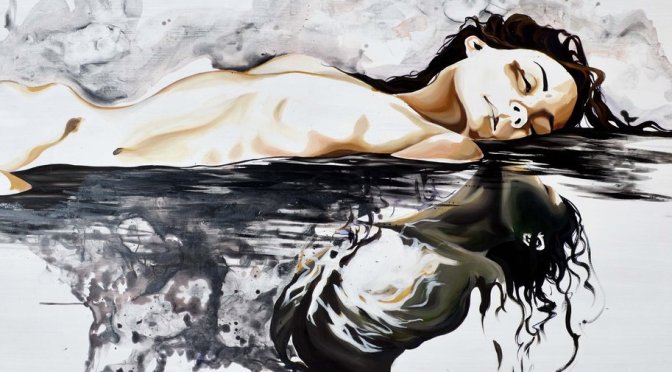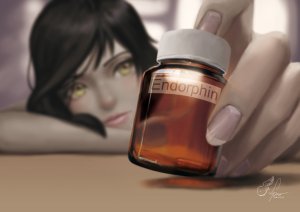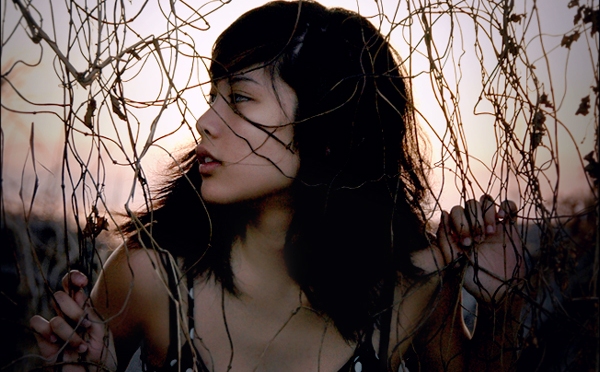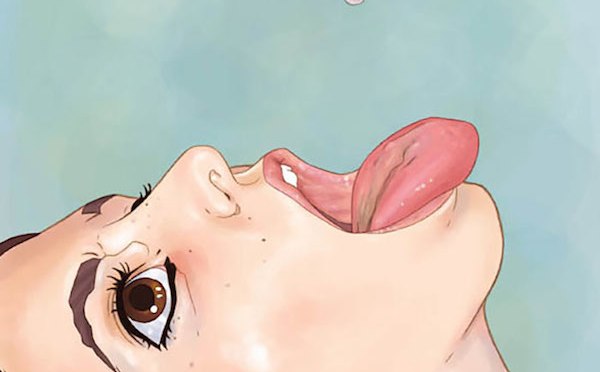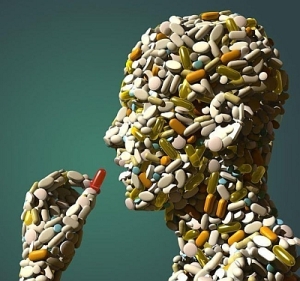Looking at this post in the daylight I can definitely tell it’s been hypomaniacally induced. Sorry to anyone who read this post earlier, to those reading it now – it could’ve been worse.
*CRINGES* What an awful week. It’s been is an emotional riot, my emotions lashing out, stress setting them free (or the anti-depressant which has been added to my cocktail…), the dissent is definitely making itself at home.
I’m pretty sure I experienced a hypomanic episode for all of one day, I think. Wanting to rearrange all my furniture at 9pm at night and starting to sand back other furniture for my DIY projects is usually a giveaway for me. It’s like I have to do something, but not any of the things I’m meant to be doing (sorry university work, you will still be there in the morning). After recognising this and my annoying/over the top behaviour which my partner told me was annoying, not to mention talking too fast and having snowball like ideas – they are always great ideas, anyway – point being I quickly took all my medication because I didn’t want to sleep (doubling the sleep meds) and proceeded to knock myself out. Waking up the next morning I felt extremely normal, except the following days I became so discontent that I’m just not happy with anything, it’s usually furniture (I swear I can be obsessive compulsive sometimes). I’m still discontent, I don’t want to go home and deal with my head being even more unhappy. I’m currently in my university’s 24hr library at 1am, who needs sleep anyway?!
I actually had a point to this post which wasn’t meant to be drowning in my current whinging and whining state. POINT: I liked to believe that to experience hypomanic symptoms you were meant to have the episode for 4+ days, they failed to mention that these mood extremities could take place daily and leave as quickly as they came without being classified as an ‘episode’. Some people only experiencing (hypo)mania once, others (apparently) have daily mood swings regardless of their diagnosis into our ‘categories’, each individuals pattern is distinctive. My only hypomanic episode was one which lasted around a week, I’m now realising that other times I have experienced the same symptoms for shorter durations – “hypomanic episodes tending to last a few hours or a few days”. I’m under the firm belief that I don’t have rapid cycling; instead I have fluctuating moods based on stress levels.
John Preston, PsyD, Psychology: “During euphoric hypomanic episodes, people have a heightened sense of well-being and are very productive and gregarious. During dysphoric episodes, people are agitated, pessimistic, and restless.”
“Even people who always take their medication and are careful with their health can still have mood swings from time to time. That’s why it’s important to catch changes in your mood, energy levels, and sleeping patterns before they develop into something serious.” – What arseholes.
“People with bipolar disorder are seven to eight times more likely to experience an unwanted, extended period of extreme mood shift — failure of their usual coping mechanisms — in response to a stressful life event,” says Dr. Bennett.
Ramble: Appetite suppressants have been linked to manic episodes…great, no quick fix skinny pills for me then.
Interesting abstract from a site I found:
“Anxiety, mood and energy, all waving up and down, sometimes with each other, sometimes one going off without the others: a total mess, right?
People with such instability have big changes in their mood, or energy, or creativity over time. Here the green curve represents mood, the red curve represents energy, and the black curve represents “intellect” (speed of thought, creativity, ability to connect ideas).
 As you can see, if they all go up together — and far enough “up” — this would be what is commonly called a manic or hypomanic episode, as shown at point A on the graph. If they all come down together, far enough, that would be an episode of “major depression”, as shown at point B. But now we can see how “agitated depression” could be part of a bipolar problem, when the energy curve is up while the others are down, as at point D.
As you can see, if they all go up together — and far enough “up” — this would be what is commonly called a manic or hypomanic episode, as shown at point A on the graph. If they all come down together, far enough, that would be an episode of “major depression”, as shown at point B. But now we can see how “agitated depression” could be part of a bipolar problem, when the energy curve is up while the others are down, as at point D.
Point C represents an unusual combination usually recognized only on inpatient psychiatry units, when a person is agitated yet hardly moves, so-called “manic stupor”. But imagine what a milder version of this would look like: the person would know she needed to get moving, indeed she would be thinking of many things she needed to be doing, and she might really want (in a very powerful way) to be doing them, and yet her body would refuse to go along. She would be lying there on the couch, miserable yet not really depressed, wondering what was wrong with her and why she couldn’t get herself going.
Point B represents another very important combination we psychiatrists see commonly: the energy wave is up, but the mood wave is down (in this case, the timing is such that the intellect wave is up too, but not as high as the energy — yet there are many combinations, as you’ll see in a moment). This could be called “dysphoric mania”: energized, as in a usual manic phase, but mood is very negative.”
**********
Okay, new point:
- Bipolar Disorder is clearly handled with medication first, bipolar-specific psychotherapies coming second.
- Self-harm: Isn’t always about the excessive depressive/self-hate/suicidal times, sometimes it’s an attempt to ‘treat’ severe agitation or as a punishment. The behaviour often disappearing quickly when the agitation is reigned in.
- It’s getting sadder, the more I have to face my own reality, I can’t deny Bipolar Disorder anymore, it’s becoming too blatant and overbearing
- Caffeine can cause hypomania ‘like’ symptoms…yay…
- Current evaluation: I get super excited for particular activities (DIY/buying furniture etc), start doing a bunch of things, only to run out of steam, spending way too much money, asking myself why am I doing this?! I have much more important other things that need to be completed – needless to say, I’m here typing instead of doing all the important things, looking up journal articles about Bipolar Disorder to seek comfort in knowledge.
♩ ♪ ♫ ♬ ♭ “Everything that kills me makes me feel alive…Everything that drowns me makes me wanna fly” ♩ ♪ ♫ ♬ ♭
Medication: 400mg Lamictal, 25mg Quetiapine & 3mg Haloperidol. Mostly taken consistently.
*image by angrymikko
